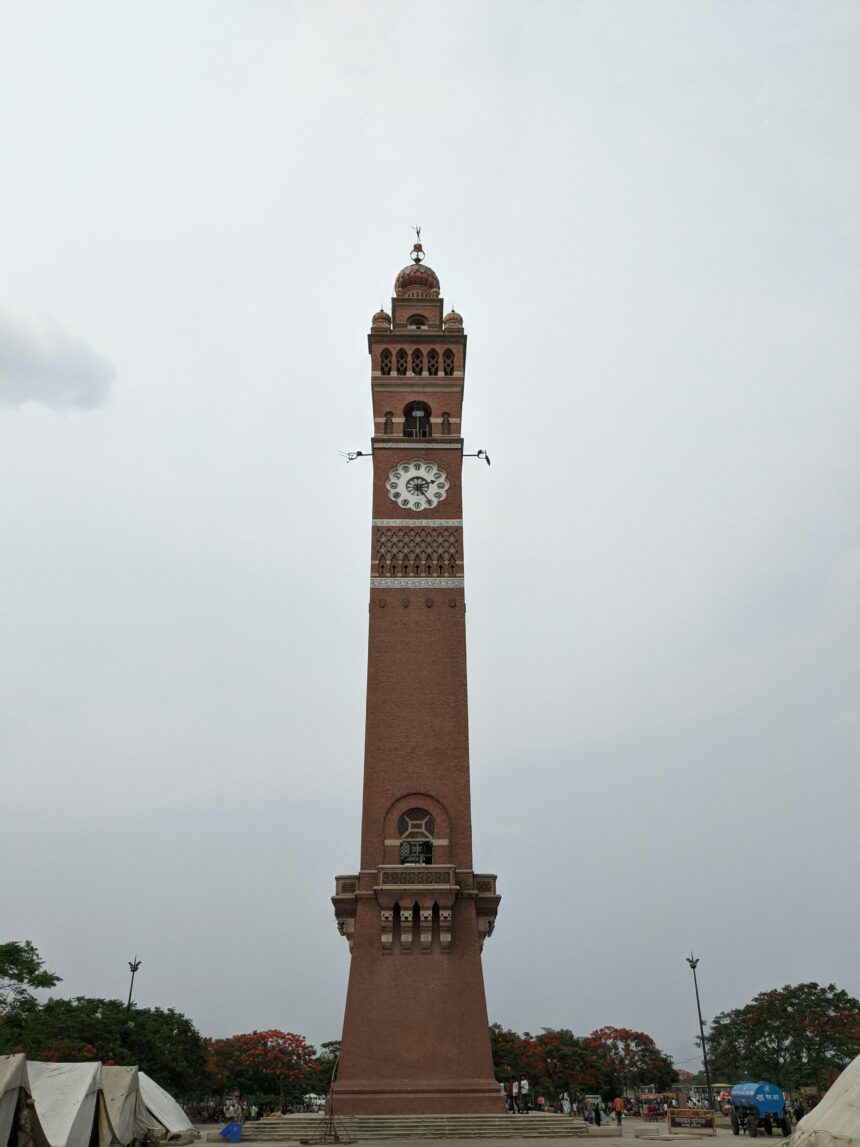A State Caught Between Two Philosophies
Uttar Pradesh (UP), a state deeply rooted in traditions of collectivism, is witnessing a gradual but significant cultural transformation. Historically defined by its tightly-knit communities, joint families, and shared responsibilities, the state is now seeing a shift toward individualistic values, especially in its urban centers. This transition raises questions about the implications for its social fabric: Are the changes empowering individuals, or are they eroding the essence of community?
The Legacy of Collectivism in Uttar Pradesh
1. Joint Families and Community Living
- Traditional Structures:
- The joint family system, a hallmark of UP’s rural and semi-urban society, has long emphasized shared responsibilities, intergenerational support, and collective decision-making.
- Social Safety Net:
- In the absence of institutional welfare systems, extended families provided emotional, financial, and practical support.
2. Religious and Cultural Practices
- Festivals and Gatherings:
- Celebrations like Diwali, Holi, and Eid underscore the importance of communal participation.
- Community Harmony:
- The Ganga-Jamuni tehzeeb, UP’s unique blend of Hindu and Muslim traditions, exemplifies the collective spirit that transcends religious boundaries.
3. Rural Economies
- Agrarian Framework:
- Agriculture, the backbone of UP’s economy, relies on collective efforts, with families and neighbors often working together during harvest seasons.
Signs of Rising Individualism
1. Urbanization and Nuclear Families
- Changing Family Structures:
- Urban migration has led to the rise of nuclear families, especially in cities like Lucknow, Noida, and Kanpur.
- Autonomy in Decision-Making:
- Younger generations increasingly prioritize personal goals, careers, and independence over traditional family obligations.
2. Economic Independence
- Education and Employment:
- Enhanced access to education and jobs, particularly for women, is enabling individuals to make decisions based on personal aspirations rather than familial expectations.
- Entrepreneurship:
- The growth of startups and small businesses in UP reflects a mindset shift toward individual success and self-reliance.
3. Technology and Global Exposure
- Social Media Influence:
- Platforms like Instagram and LinkedIn promote individual achievements and personal branding, shifting focus from community identities to individual ones.
- Globalization:
- Exposure to international cultures and values through media and education has introduced concepts of self-expression and personal freedom.
4. Erosion of Traditional Norms
- Delayed Marriages:
- Younger people are delaying marriage and choosing partners based on compatibility rather than family arrangements.
- Changing Gender Roles:
- Women, in particular, are redefining their roles, moving away from traditional expectations to pursue careers and independence.
Tensions Between Collectivism and Individualism
1. Strain on Family Relationships
- Conflict of Values:
- Older generations often perceive the rise of individualism as a rejection of traditional values, leading to intergenerational tensions.
- Reduced Care for Elders:
- With nuclear families becoming the norm, elderly parents often face neglect or dependence on external care systems.
2. Decline in Community Bonds
- Social Isolation:
- The focus on personal goals can lead to weakened ties within neighborhoods and communities, increasing feelings of isolation.
- Festivals Losing Collective Spirit:
- Urban celebrations are becoming more individual-centric, with fewer communal gatherings.
3. Economic Implications
- Impact on Agrarian Societies:
- The shift toward urban lifestyles and individual ambitions threatens traditional agricultural economies that rely on collective labor.
Balancing Individualism and Collectivism
1. Embracing a Middle Path
- Preserving Traditions While Adapting:
- Encourage family systems that allow individual autonomy while maintaining collective support.
- Community Engagement in Urban Areas:
- Create urban spaces and initiatives to foster neighborhood interactions and shared responsibilities.
2. Strengthening Social Institutions
- Support for Elderly and Vulnerable Groups:
- Develop community-driven programs and welfare schemes to address the needs of those left behind by individualistic shifts.
3. Education and Awareness
- Value-Based Education:
- Incorporate lessons on the importance of community and relationships alongside promoting personal achievements in school curriculums.
4. Leveraging Technology for Connection
- Digital Communities:
- Use technology to foster virtual collectives that retain a sense of belonging while respecting individual spaces.
Conclusion: The Dual Forces Shaping UP
The rise of individualism in Uttar Pradesh reflects broader societal changes driven by urbanization, economic shifts, and globalization. While these changes empower individuals and foster personal growth, they also pose challenges to the state’s traditional collective ethos.
The future lies in striking a balance—preserving the values of community and support that define UP’s cultural heritage while embracing the personal freedoms that modernity offers. By fostering harmony between these two forces, UP can ensure a society that values both the individual and the collective.


Leave a Reply